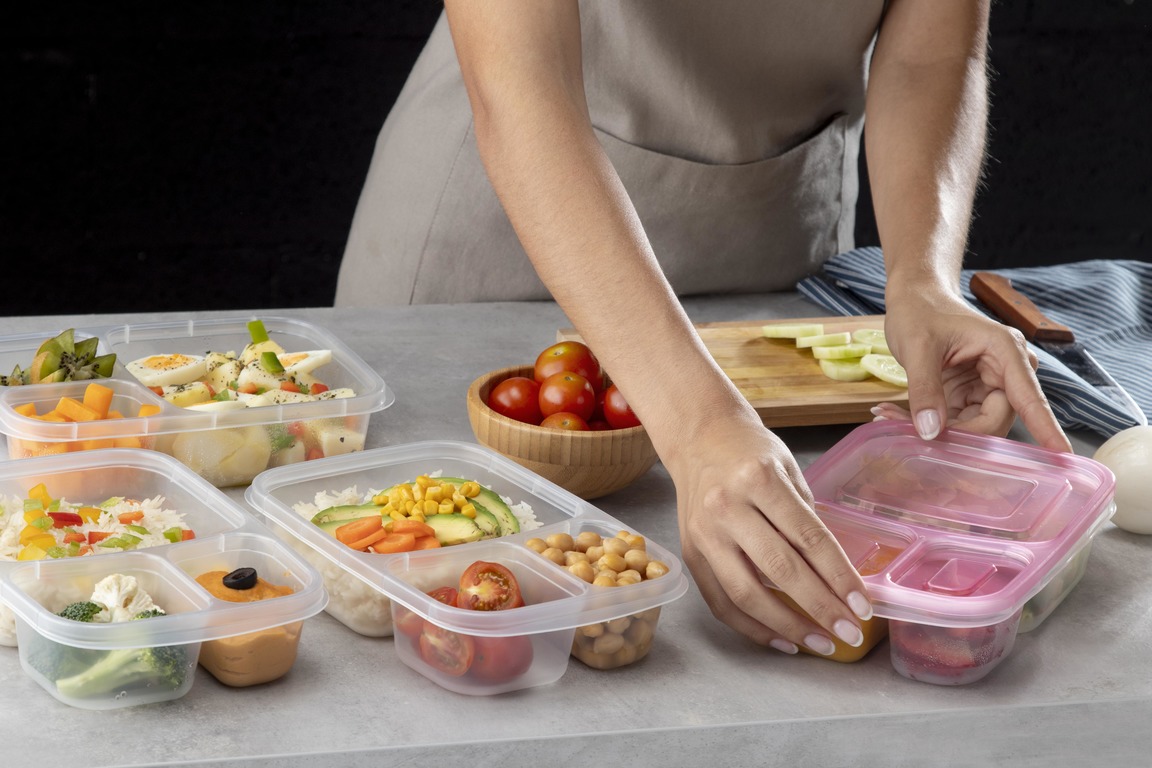
Batch Cooking and Meal Planning: Efficient Ways to Handle Food Surplus
In Singapore, where the pace of life is fast and the culinary scene diverse. Managing food surplus efficiently has become a priority. With the rise of the Singapore food rescue initiative. More people are turning to batch cooking and meal planning as sustainable practices. These methods not only help in reducing food waste but also save time and money. This post will show how to blend batch cooking and meal planning into everyday life. Especially in Singapore for smart food surplus management.
The Basics of Batch Cooking
Batch cooking involves preparing large quantities of food at once. To be consumed over several days or weeks. This method is ideal for busy Singaporeans who may not have the time to cook fresh meals daily. By cooking in batches, you can ensure that the food you buy in bulk does not go to waste. It's not just about cooking; it's about smart food management.
Begin by choosing recipes that are suitable for freezing or refrigerating. Dishes like curries, stews, and soups are excellent options as they often taste better. After the flavors have had time to meld. The key is to cook dishes that retain their quality over time. This isn’t just about convenience; it’s about maintaining deliciousness.
Effective Meal Planning
Meal planning is the process of deciding what to eat for the coming days or weeks. In Singapore, where dining out is a common practice. Plan your meals to choose wisely what you eat at home and cut down on wasted food. This means making a list of all your meals and snacks for the week and then shopping for what you need accordingly. It's not just planning; it's strategizing for zero waste.
Start by assessing your weekly schedule. When you're busy, go for easy meals or ones made fast from pre-cooked ingredients. This ensures that you use up the food you have, reducing the need to buy more and potentially waste it. It’s not just about eating; it’s about eating mindfully.
Combining Batch Cooking with Meal Planning
Batch cooking and meal planning together make a great team for handling extra food. By preparing multiple meals in advance, you reduce the temptation to buy takeout. Which often comes with excessive packaging and potential food waste. In the context of Singapore, where takeout culture is prevalent. This shift can have a significant impact. It's not just a habit change; it's a lifestyle adjustment.
Start by setting aside a day for cooking and another for planning. Use your planning day to check what ingredients you already have and what meals you can create from them. This approach not only saves time during the week but also ensures that your food surplus is put to good use. It’s not just about preparation; it’s about utilization.
Storage and Organization Tips
Proper storage and organization are crucial in batch cooking and meal planning. Invest in good quality containers that are freezer-safe and microwave-friendly. Label your containers with the contents and the date it was cooked or frozen. In Singapore’s humid climate, ensuring that food is stored correctly. It is vital to prevent spoilage. It's not just storing; it's preserving.
Organize your fridge and pantry in a way that the older items are at the front, and newer ones at the back. This method, known as FIFO (First In, First Out), ensures that you use up the older items before they go bad. It's not just organization; it's strategic placement.
A Sustainable Approach
Batch cooking and meal planning are more than just efficient ways to handle food surplus. They represent a sustainable approach to eating and living in Singapore. People can play a major role in saving food in Singapore by using these simple methods. This reduces waste and helps make a cleaner environment. It's not just about the individual. It's about the collective effort towards a sustainable future.
